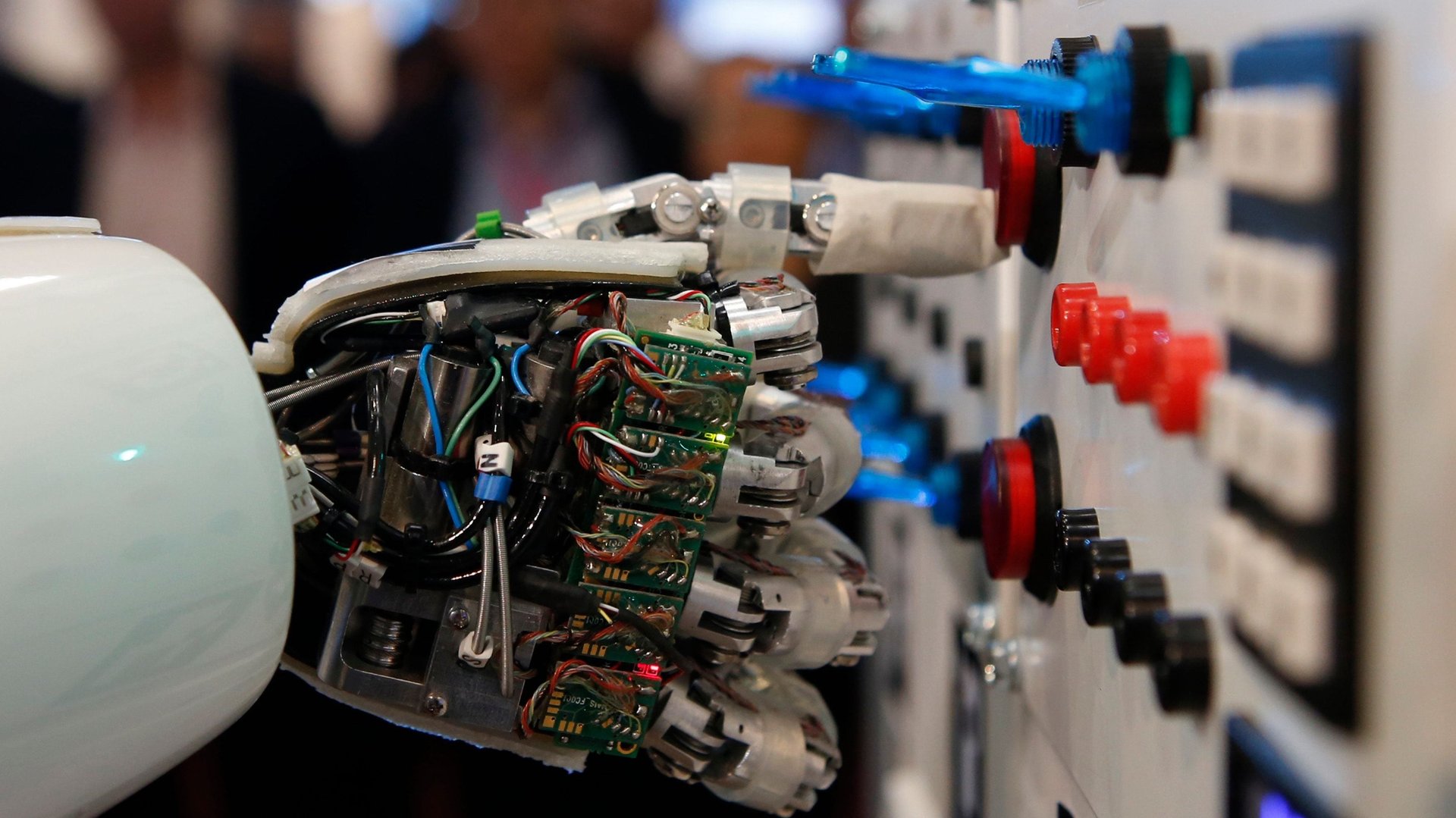AI has entered the Indian office—is HR ready?
The jury is still out on whether artificial intelligence (AI) is hype or reality. Yet, organisations that do not harness its potential, do so at their own peril.


The jury is still out on whether artificial intelligence (AI) is hype or reality. Yet, organisations that do not harness its potential, do so at their own peril.
Those that shun the technology risk falling behind their peers. Among other things, the deployment of AI in the area of human resources (HR) can enhance employee welfare.
AI uses multiple algorithms that analyse past data to identify patterns and predict the future. The magic is the intelligent recognition of patterns, based on a wide range of variables including obscure ones like tone, photo, and speech, to predict aspects that are not visible to the human eye.
One of the objectives of AI is to build systems that are intelligent and resourceful, thereby eliminating a lot of wasteful human effort. Much of the repetitive work currently done manually is getting replaced with intelligent tools.
So, how is the technology useful for HR professionals?
Employee self-service and query management, for instance, can be more or less replaced by bots. Cognitive computing may also help in predicting which employee is likely to leave, who is likely to succeed, and who can be an effective leader, among other things. It can also help in predicting who is likely to commit fraud. At a more evolved level, it can also identify traits and behaviours that lead to accidents.
The biggest difference between an AI tool and a human in the decision-making process is the elimination of the “gut-feeling.” This has immense benefits in the area of people management as it aids in removing biases, which greatly influence human decision-making.
Research has shown that most interviewers decide on a candidate in the first two minutes of an interview. These decisions are based on personal biases. With AI tools, one can make decisions that are objective and more likely to be successful.
While the traditional role becomes redundant, this also means that there will be an onset of new roles. Rich insights would enable HR professionals to focus on enhancing employee experiences to a higher level. With the transactional grunt out, HR staff will be able to focus greatly on predictive analytics and the business more effectively. The strategic elements in the role will go up significantly. Focus will be on rebuilding work architecture and re-skilling.
Is HR prepared?
HR requires two levels of preparation. One to build momentum towards AI. Two, to redefine roles and prepare the organisation for the changes that come along with AI. The HR department needs to embrace digital change and in turn define the digitalisation journey for the organisation. This would mean a transition from building a culture that enables technology to using technology to drive culture.
While some manual skills are getting replaced, it also means that roles are becoming more meaningful. HR needs to redefine, re-skill, and re-deploy resources for the future.
Internally, HR professionals themselves need to become more agile, analytical, and tech-savvy.
As AI systems evolve, I think the upside in terms of productivity and efficiency would be tremendous. Freed from non-value-adding, repetitive tasks, HR can further reinforce its business partnership edge and steer the organisation in the right direction.
All this will, however, requires time, and organisations must be willing to invest.
We welcome your comments at [email protected].